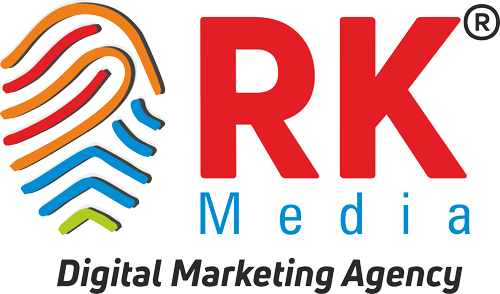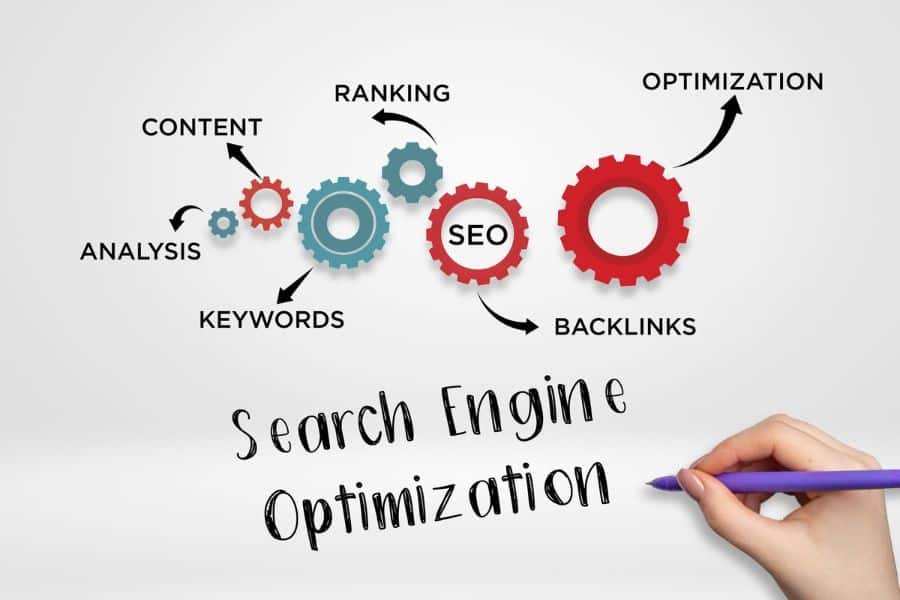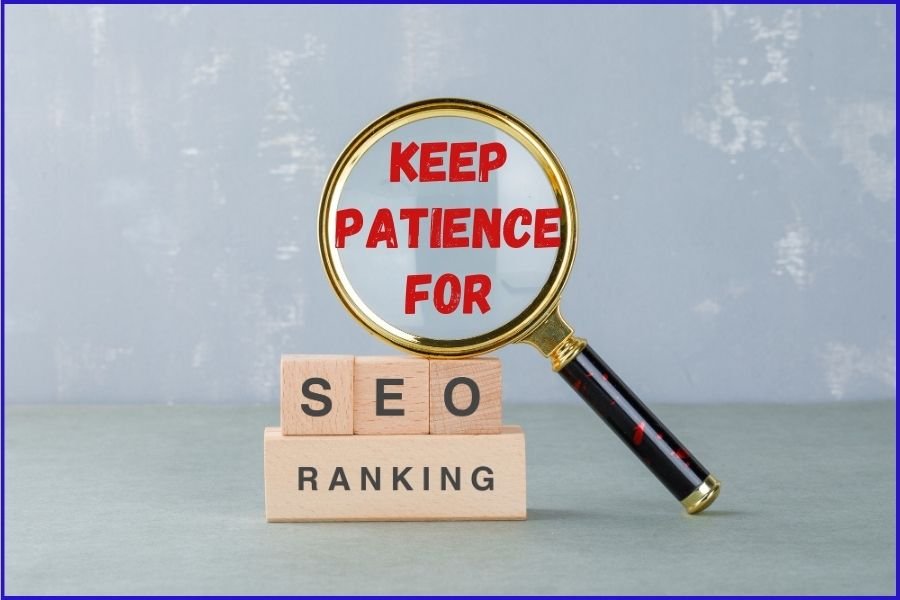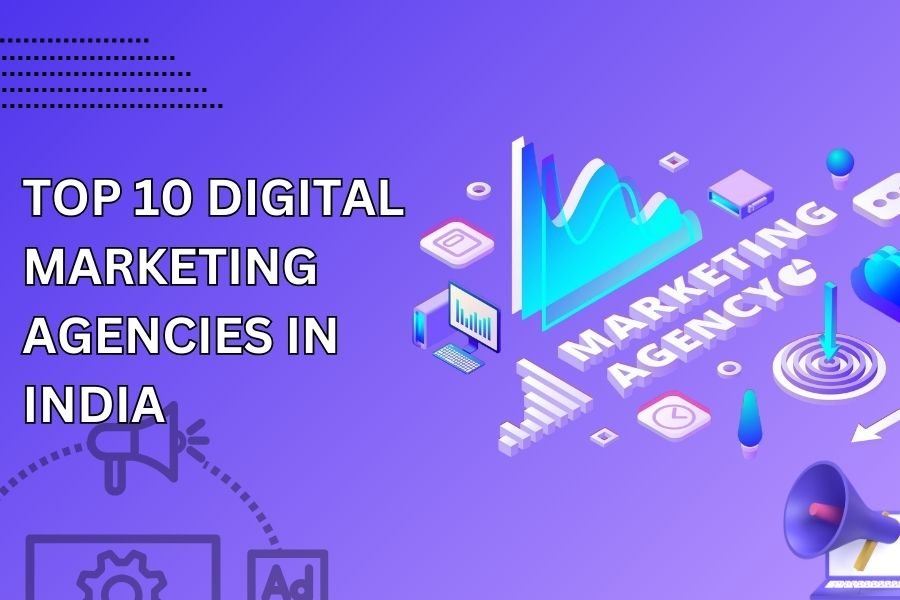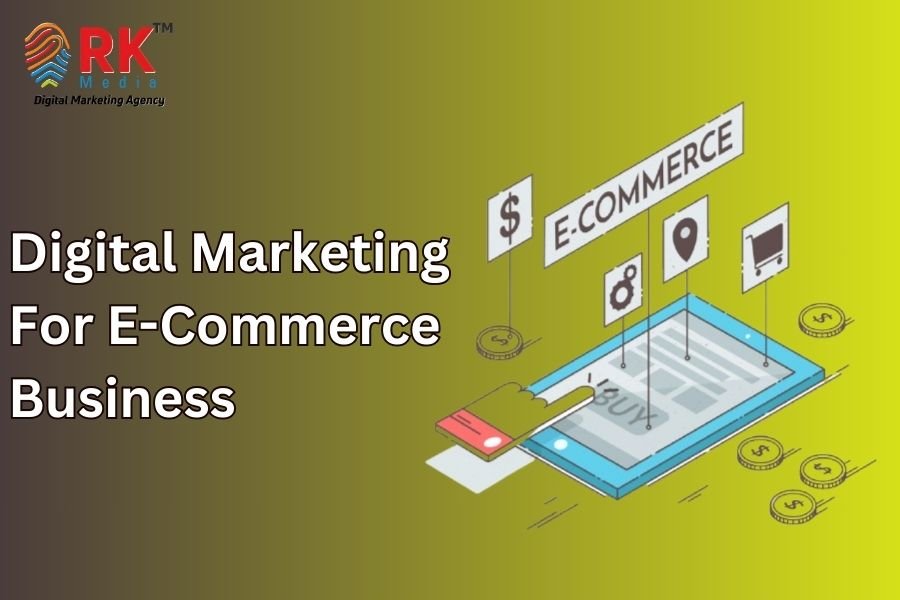Proven Strategies for Accelerating Your Digital Marketing Success
In the dynamic landscape of contemporary business, digital marketing has emerged as a pivotal force, driving brand visibility, customer engagement, and overall success. Digital marketing encompasses a spectrum of online tools and platforms designed to connect businesses with their target audiences. From social media and search engine optimization to email campaigns and content creation, the strategies employed in digital marketing are diverse and ever-evolving. This article aims to unravel ten tried-and-true approaches that can propel your digital marketing efforts to new heights.
Understanding the Digital Marketing Landscape
Digital marketing encompasses a vast and dynamic landscape that includes various channels, platforms, and strategies. Begin by comprehending the key components of digital marketing, such as search engine optimization (SEO), social media marketing, email marketing, content marketing, and paid advertising. Explore the latest trends, tools, and technologies shaping the industry. This understanding will provide a solid foundation for creating a comprehensive and effective digital marketing strategy.
Setting Clear Goals for Digital Marketing Success
Clearly defined goals are essential for any successful digital marketing campaign. Begin by identifying what you want to achieve, whether it’s increasing brand awareness, driving website traffic, generating leads, or boosting sales. Ensure that your goals are specific, measurable, achievable, relevant, and time-bound (SMART). Align these goals with your overall business objectives to create a cohesive strategy. Having well-defined goals will serve as a roadmap, guiding your digital marketing efforts and helping measure success.
Conducting Market Research and Competitor Analysis
In-depth market research is crucial for understanding your target audience and industry trends. Identify your target demographic, their preferences, and behaviors. Analyze market trends and consumer insights to tailor your digital marketing strategies accordingly. Additionally, conducting competitor analysis is vital to identify strengths, weaknesses, opportunities, and threats in your industry. By understanding your competitors’ strategies, you can position your brand effectively and identify areas for differentiation.
– Utilize tools like Google Analytics, social media insights, and industry reports to gather data on your target audience.
– Employ surveys, interviews, and customer feedback to gain qualitative insights into consumer preferences.
– Regularly monitor and analyze competitors’ online activities, content strategies, and social media presence.
– Identify gaps in the market and opportunities to differentiate your brand.
By incorporating these insights into your digital marketing strategy, you can create campaigns that resonate with your audience and outperform competitors. The combination of a thorough understanding of the digital marketing landscape, well-defined goals, and comprehensive market research will contribute to the overall success of your digital marketing efforts.
Creating a Comprehensive Digital Marketing Plan
A successful digital marketing plan serves as a roadmap for achieving your business objectives. Start by conducting a thorough analysis of your target audience, industry trends, and competitors. Identify key performance indicators (KPIs) that align with your goals. Define your unique value proposition and establish clear, measurable objectives. Allocate resources effectively and choose the most relevant digital marketing channels, such as social media, email, content marketing, and paid advertising. Your plan should be flexible, allowing for adjustments based on performance metrics and market changes.
Crafting Compelling Content for Digital Marketing Campaigns
Content is the backbone of any successful digital marketing strategy. Develop a content strategy that resonates with your target audience and aligns with your brand. Understand your audience’s needs and preferences to create content that engages and adds value. Utilize various content formats, such as blog posts, videos, infographics, and podcasts, to cater to diverse preferences. Maintain consistency in your messaging and tone across different channels. Incorporate storytelling techniques to make your content more relatable and memorable. Regularly analyze the performance of your content and adapt your strategy accordingly.
Optimizing Your Website for Search Engines (SEO)
Search Engine Optimization (SEO) is crucial for ensuring your website ranks high in search engine results, driving organic traffic. Begin by conducting keyword research to identify the terms your target audience is likely to use. Optimize on-page elements, such as meta titles, meta descriptions, and header tags, to align with your chosen keywords. Create high-quality, shareable content that naturally incorporates relevant keywords. Focus on improving user experience by optimizing site speed, mobile responsiveness, and navigation. Build high-quality backlinks from reputable sources to enhance your website’s authority. Regularly monitor and analyze your website’s performance using tools like Google Analytics and adjust your SEO strategy accordingly.
Harnessing the Power of Social Media Marketing
In today’s digital landscape, social media has become an indispensable tool for digital marketers. To harness its power effectively, a strategic approach is crucial. Begin by identifying the platforms most relevant to your target audience. Whether it’s Facebook, Instagram, Twitter, or LinkedIn, understanding the demographics and behaviors of your audience on each platform will help tailor your content and engagement strategies.
Create compelling and shareable content to increase brand visibility and engage your audience. Utilize a mix of content types, including images, videos, and infographics, to cater to diverse preferences. Consistent posting and active engagement with your audience through comments and messages are essential to building a strong online presence.
Leverage paid social advertising to reach a wider audience and target specific demographics. Analyze the performance of your social media campaigns using analytics tools to refine your strategies continuously. Monitoring key metrics such as reach, engagement, and conversion rates will provide valuable insights for optimization.
Utilizing Email Marketing for Customer Engagement
Email marketing remains a powerful tool for building and maintaining customer relationships. Start by building a targeted email list, ensuring that your subscribers have opted in to receive communications from your brand. Segment your email list based on customer demographics, preferences, and behaviors to deliver personalized and relevant content.
Craft compelling and concise email content that adds value to your subscribers. Use attention-grabbing subject lines, personalized greetings, and a clear call-to-action to encourage interaction. Implement automation tools to send targeted emails based on customer actions, such as abandoned carts, purchases, or website visits.
Regularly analyze email campaign performance metrics, including open rates, click-through rates, and conversion rates. A/B testing different elements of your emails, such as subject lines and visuals, will help optimize future campaigns. Continuously refine your email marketing strategy based on insights gained from analytics to ensure ongoing customer engagement and satisfaction.
Implementing Data-Driven Decision Making and Analytics
Data-driven decision making is integral to digital marketing success. Begin by defining key performance indicators (KPIs) aligned with your marketing goals. Whether it’s website traffic, conversion rates, or customer acquisition cost, having clear metrics will guide your decision-making process.
Implement robust analytics tools, such as Google Analytics, to track and measure the performance of your digital marketing efforts. Monitor user behavior on your website, social media platforms, and other digital channels. Analyze the data to identify patterns, trends, and areas for improvement.
Utilize A/B testing to experiment with different elements of your campaigns and website to understand what resonates best with your audience. Leverage predictive analytics to anticipate future trends and customer behaviors, enabling proactive adjustments to your marketing strategies.
Regularly review and update your digital marketing strategy based on the insights gained from data analysis. This iterative process ensures that your campaigns are continuously optimized for maximum effectiveness and return on investment.
Continuously Testing and Optimizing Your Digital Marketing Efforts
Digital marketing is a dynamic field, and staying ahead requires a commitment to constant testing and optimization. This strategy involves regularly experimenting with different elements of your digital marketing campaigns to identify what works best for your target audience. A/B testing, for instance, allows you to compare two versions of an ad, webpage, or email to determine which performs better.
Key Points:
- A/B Testing: Implementing A/B tests to compare different variations of your digital assets helps in understanding what resonates with your audience. This could include variations in ad copy, visuals, or calls-to-action.
- Data Analytics: Utilizing data analytics tools to gather insights on user behavior, engagement, and conversion rates. This data-driven approach enables informed decision-making and identifies areas for improvement.
- Conversion Rate Optimization (CRO): Focusing on improving the percentage of website visitors who take the desired action, whether it’s making a purchase, filling out a form, or subscribing to a newsletter.
- User Experience (UX) Testing: Ensuring that your digital assets provide a positive user experience by testing website navigation, page load times, and overall usability.
- Social Media Engagement Analysis: Monitoring and analyzing social media metrics to understand which content resonates with your audience, leading to increased engagement and brand awareness.
Conclusion
The landscape of digital marketing is dynamic and ever-evolving, demanding a strategic approach for sustained success. The 10 proven strategies outlined above serve as a comprehensive roadmap for accelerating digital marketing triumphs. Emphasizing the importance of a data-driven mindset, these strategies underscore the significance of leveraging analytics to make informed decisions, optimize campaigns, and enhance overall performance.
The focus keyword, “Digital Marketing,” encapsulates the essence of these strategies, emphasizing the pivotal role technology plays in contemporary marketing efforts. From mastering search engine optimization (SEO) to harnessing the power of social media and email marketing, these tactics collectively create a robust digital marketing framework. The significance of personalized and targeted content is highlighted, recognizing the impact it has on engaging and converting audiences.
Furthermore, the integration of emerging technologies, such as artificial intelligence and automation, demonstrates a forward-thinking approach to staying ahead in the competitive digital landscape. As businesses navigate the complexities of online visibility and customer interaction, these strategies serve as indispensable tools for not only surviving but thriving in the digital realm. By incorporating these proven methodologies, marketers can foster brand growth, build lasting customer relationships, and ultimately propel their digital marketing endeavors to new heights of success.
Image Reference: Freepik
Disclaimer: All trademarks, logos, and brand names are the property of their respective owners. All company, product, and service names used in this website are for identification purposes only. Use of these names, trademarks, and brands does not imply endorsement.
